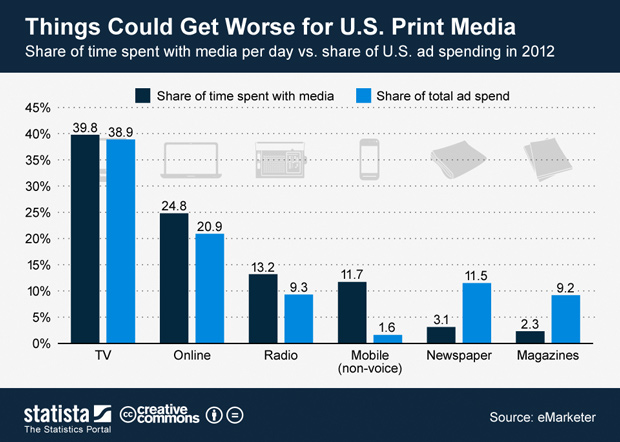By: Gerry Sparrow
Stocks posted their best week of the year, sparked by news that the dovish Fed decided to keep rates steady and signaled three rate cuts were still possible this year.
Stocks Bounce Back
As widely expected, the Fed left rates unchanged at the conclusion of its two-day meeting. But somewhat less expected, the Fed signaled its inclination to cut interest rates three times this year—each time by a quarter percentage point. That was a positive surprise for some, who worried that recent hot inflation reports would cause the Fed to reconsider its stance.1
Markets pushed higher Wednesday following the news, with all three averages closing at record highs. The rally continued through Thursday, boosted further by news that existing home sales rose 9.5 percent in February.2,3
The week’s rally was broad-based overall, with 10 of the 11 S&P 500 sectors posting gains (health care dropped slightly). At one point late in the week, nearly one in four S&P 500 stocks were trading at 52-week highs. That was the highest proportion in three years, which supports the idea that the rally was broadening out from mega-cap tech stocks.4
Turning Point
The Federal Open Market Committee’s decision marks a turning point as the Fed signaled that its target range of 5.25 to 5.50 percent has topped out. That target range, in place since late last year, is the highest level in 23 years.
“We believe that our policy rate is likely at its peak for this type of cycle,” said Fed Chair Powell at the post-meeting press conference. He added that if the economy keeps on its current course, that the FOMC would likely “begin dialing back policy restraint at some point this year.” If the FOMC votes to ease it at its June meeting, it would be the first cut in four years.4,5
PHOTO CREDIT :https://www.shutterstock.com/g/chanawut13
Via SHUTTERSTOCK
Footnotes and Sources
1. The Wall Street Journal, March 22, 2024
2. CNBC.com, March 20, 2024
3. Sectorspdrs.com, March 22, 2024
4. MarketWatch.com, March 22, 2024
5. The Wall Street Journal, March 21, 2024
Investing involves risks, and investment decisions should be based on your own goals, time horizon, and tolerance for risk. The return and principal value of investments will fluctuate as market conditions change. When sold, investments may be worth more or less than their original cost.
The forecasts or forward-looking statements are based on assumptions, may not materialize, and are subject to revision without notice.
The market indexes discussed are unmanaged, and generally, considered representative of their respective markets. Index performance is not indicative of the past performance of a particular investment. Indexes do not incur management fees, costs, and expenses. Individuals cannot directly invest in unmanaged indexes. Past performance does not guarantee future results.
The Dow Jones Industrial Average is an unmanaged index that is generally considered representative of large-capitalization companies on the U.S. stock market. Nasdaq Composite is an index of the common stocks and similar securities listed on the NASDAQ stock market and is considered a broad indicator of the performance of technology and growth companies. The S&P 500 Composite Index is an unmanaged group of securities that are considered to be representative of the stock market in general.
U.S. Treasury Notes are guaranteed by the federal government as to the timely payment of principal and interest. However, if you sell a Treasury Note prior to maturity, it may be worth more or less than the original price paid. Fixed income investments are subject to various risks including changes in interest rates, credit quality, inflation risk, market valuations, prepayments, corporate events, tax ramifications and other factors.
International investments carry additional risks, which include differences in financial reporting standards, currency exchange rates, political risks unique to a specific country, foreign taxes and regulations, and the potential for illiquid markets. These factors may result in greater share price volatility.
Please consult your financial professional for additional information.
This content is developed from sources believed to be providing accurate information. The information in this material is not intended as tax or legal advice. Please consult legal or tax professionals for specific information regarding your individual situation. This material was developed and produced by FMG Suite to provide information on a topic that may be of interest. FMG is not affiliated with the named representative, financial professional, Registered Investment Advisor, Broker-Dealer, nor state- or SEC-registered investment advisory firm. The opinions expressed and material provided are for general information, and they should not be considered a solicitation for the purchase or sale of any security.
Copyright 2024 FMG Suite.




